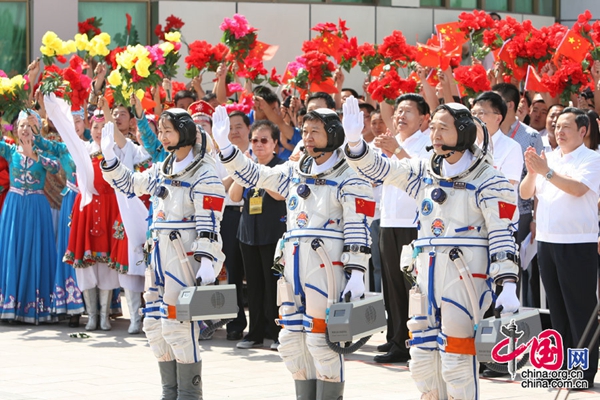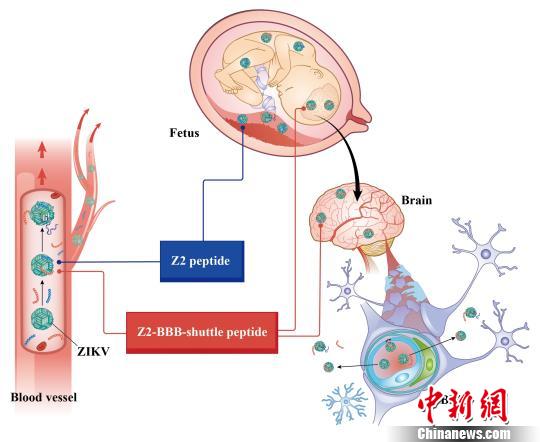Public hospitals in China will operate under a new system not driven by profits by 2020, according to a guideline the State Council, China’s Cabinet, released on Tuesday.
China should establish a “modern hospital management system” that adheres to putting people’s health at the center and adheres to the nonprofit nature of public hospitals and putting the public’s interest as a priority, the guideline said.
By 2020, it said, the new system will ensure that a nonprofit, higher-efficiency and sustainable development has been established.
Public hospitals are the main provider of healthcare in China. These hospitals, which numbered more than 12,700 by the end of last year, provided 2.85 billion outpatient and emergency services last year, accounting for more than 87 percent of the cases provided by all hospitals in China, according to the National Health and Family Planning Commission. Private facilities accounted for the rest.
To ensure the new nonprofit hospital structure is sustainable, health authorities will make new health plans and establish integrated healthcare systems in different regions for a better distribution of health resources between big hospitals and community health centers, Wang Hesheng, vice-minister of the health commission and head of the State Council Medical Reform Office, said at a news conference on Wednesday.
The government will increase funding to public hospitals and help them repay loans so they can retain a nonprofit status, he said.
Health authorities also will establish a new merit evaluation system on presidents of public hospitals that is not profit-oriented, highlighting indexes such as quality of medical services provided, cost control and satisfactory ratings from patients, he said.
The result of the evaluations will be linked with the amount of government subsidy, payment of public medical insurance fund and salaries and promotions of hospital presidents, he said.
China started a new round of medical reform in 2010 aiming at public hospitals. One major task was abolishing the generally practiced price markups of drugs sold in hospitals. Drug prices contributed to a profit-driven system, in which many public hospitals were encouraged to use excessive and more expensive drugs and even unnecessary checkups to generate higher profits, according to experts.
Under the system, doctors’ incomes are closely linked with the incomes of their departments in public hospitals, which increased medical bills for patients, according to some experts.
The practice of markups for medications, which has been practiced in public hospitals in China for decades, will be abolished in all public hospitals before the end of September, the National Development and Reform Commission said earlier this year.
“Establishing the new public hospital management system in China that emphasizes their nonprofit nature can ensure a healthy development of public hospitals,” said Fu Wei, director of the Heath Development Research Center, which is part of the health commission. “In the process, public hospitals should be given more autonomy in their management, and more participation from hospital employees in management and supervision of hospitals should be encouraged.”

